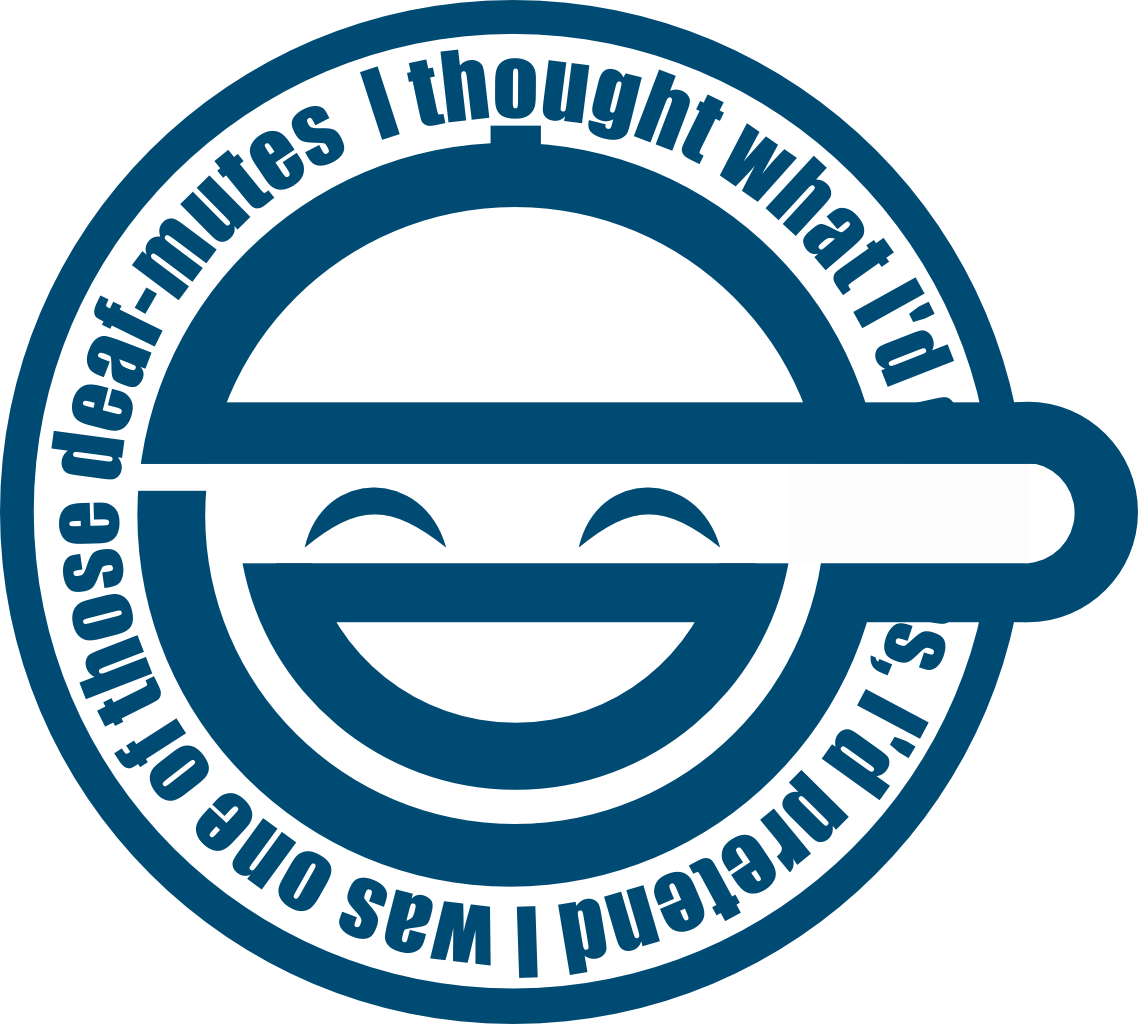I got my car (2020 Ford Fusion Hybrid SE) new 3 years ago at $25k for a 6 year loan @ 0% interest for entirety of loan, $350 a month payment. I’m about halfway paid off and have about $12.5k left on it. What should I do? I just get sick of paying $350 a month.
If you have the means to pay it off early, I would. It is worse for your credit score, but you will feel great not having that payment hanging around your neck. I can practically guarantee that you won’t regret not having to make that payment each month.
The action you should take depends on your goal. If you’re aiming to make the best financial decision, you might calculate whether it would be more beneficial to invest $12.5k now, or to invest $350 each month instead. The latter would be possible if you decided to pay off the loan. However, if your decision is about feeling better, then paying off the loan seems to be the only option that would satisfy you. If you’re from the US, having a loan might be necessary to get future loans.
https://www.treasurydirect.gov/savings-bonds/i-bonds/
Put 10k here. Make a free $1200 over those three years.
I bonds are way down since a year ago. You can get over 5% on CDs now
4% annual return is stable but current savings rates are higher
Where are savings rates higher than 4%?
High yield savings accounts are over 4% but their rates fluctuate. I put money in at Ally a few months ago when they were near 3%.
It’s a nice way to park some cash that is easy to get in an emergency.
Technically, if you just pay off 0% interest loan just because you can, you’re losing money(interest).
It is not only needless but is also an actually worse financial decision.
Another consideration is that most auto loans require you to have full coverage for your vehicle. If you pay it off early you can reduce coverage if that’s right for you.
But they should know that AS SOON as you drop coverage, THAT’S when it gets totaled.
Is it absolutely 0% or is it 0% with a $10/month administration fee? If the former, don’t pay it off early, just set up a standing order/direct debit and let it pay itself down. If the latter, you need to calculate the comparison rate (which will get higher the closer you get to zero balance), and work out what the break even is. Then carry on paying until you hit the point that the effective interest is greater than the interest on your savings account and at that point pay it off in full.
Absolutely 0
If you don’t pay it back though, won’t your car get repoed? I feel like I’m missing something with the responses here.
Edit: thanks chums, @Num10ck, @bstix. Thank God this is nostupidquestions because I knew I was missing something basic.
I interpreted the title to mean, “continuing to pay off the remainder as usual,” as opposed to in a lump sum.they are talking about paying it off (early lump payback rather than monthly as agreed)
He’s asking if he should pay the rest of the loan off now or keep paying in installments, not if he should just stop paying it.
Does that $350 include car insurance? Once you pay off the lien and own the car, insurance should be a lot cheaper.
Why would insurance be cheaper?
Because liability car insurance (just covers damage for who/what you hit) is cheaper than comprehensive car insurance (also covers you and the car).
Finance companies will usually require you to have the latter through the end of the loan.
If you drop your coverage from comp/collision to liability only, you’re paying less, and assuming more risk - because if you get in an accident, your insurance will not cover the cost of repairing your car (or receiving a payout if it’s a total loss). A 2020 model year car is still worth having comp/collision coverage on.
Glad I wasn’t the only one who thought suggesting liability only ins on a 3 year old car was a silly suggestion.
Really the only reason you’d want to go liability only is if you own the car outright, and the insurance value of the car is very low. If you have a $500 deductible, and your car is only worth $1500, you’ll get paid $1000 on a total loss - which would be just about any accident whatsoever, even one that would leave the car safely driveable. It wouldn’t make sense to make a claim that would only give you $1000, and make you have to buy a new-to-you car and take on payments again, so it doesn’t make sense to pay for that coverage in the first place.
My insurance for full coverage is $97 a month
Not sure if you’re just telling us the amt or of you’re implying it’s too high/low. Sounds about right given the age and cost of your car, without knowing anything about you.
I’m 29, been driving since 2020
Because as long as there’s a lien on your car, the bank that owns it wants to make sure it’s thoroughly insured until it’s paid for. Their insurance is mandatory and usually much more comprehensive (and expensive).
Keep the loan. It’s the best deal you’ll see in your lifetime.
Pay it off. New car loans should not be more than 5 years and used should not be more than 3. You risk hitting a point where you’re paying payments and repairs at the same time.
If you’re not 100% sure that you’ll be able to comfortably pay that $350 each month for the remaining 3 years then pay it off now. Otherwise keep the loan.
With inflation your money is worth less over time, so you’re actually paying less for the car if you do the payments over a few years. Especially these days. Just since 2020 the dollar has inflated 18%
Most people are skipping the important point here, though I did see it at least once: the money you pay now is worth more than the money you’ll pay next year, or the year after that. That’s true not only because of inflation, but also because of your own earning power. Are you making the same amount of money today that you were making 3 years ago? Probably not–I’d guess that you’re making a little more. That means that each dollar you spend was a little easier to get, and is thus is worth a little less. The 12.5 K that you would pay now is probably worth more to you than it would be if it was spread out. So spread it out. The more dollars you pay later, the less those dollars are worth. This is a no brainer on a no interest loan, but it can still be true even if you’re paying interest, though the calculation gets a little complicated. If you have a relatively low interest loan, it might make more sense for you to keep making payments than to try to squeeze it in all at the beginning, especially if it’s a house mortgage (which are usually long-term). Those monthly payments, in 20 years, will be worth a lot less than they are now. It might seem crazy, but it doesn’t always make sense to maximize payments at the beginning of a loan just to reduce interest because 2023 dollars are not the same as 2043 dollars.
So im confused are you saying to pay it off now or wait because my loan is 0%
You should definitely wait
They’re saying wait.
deleted by creator










